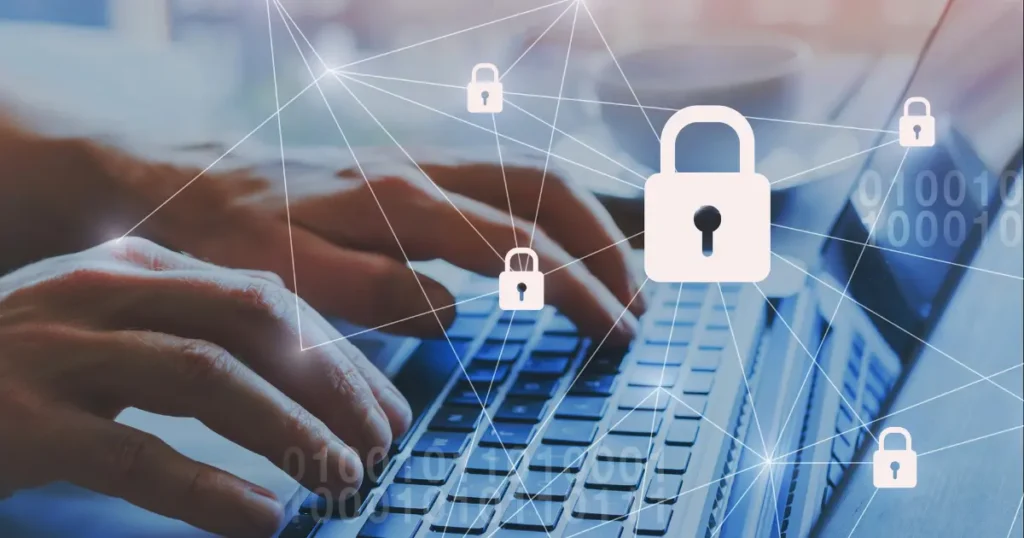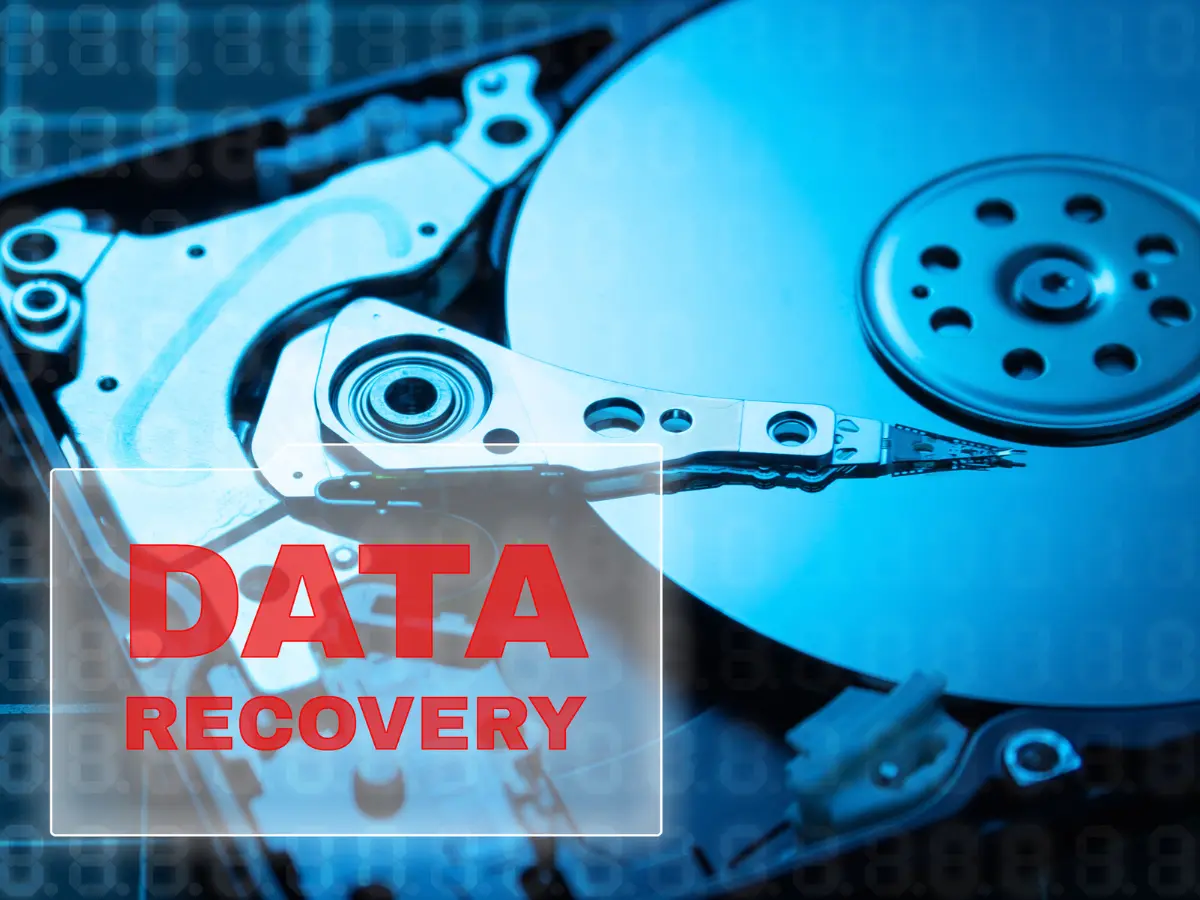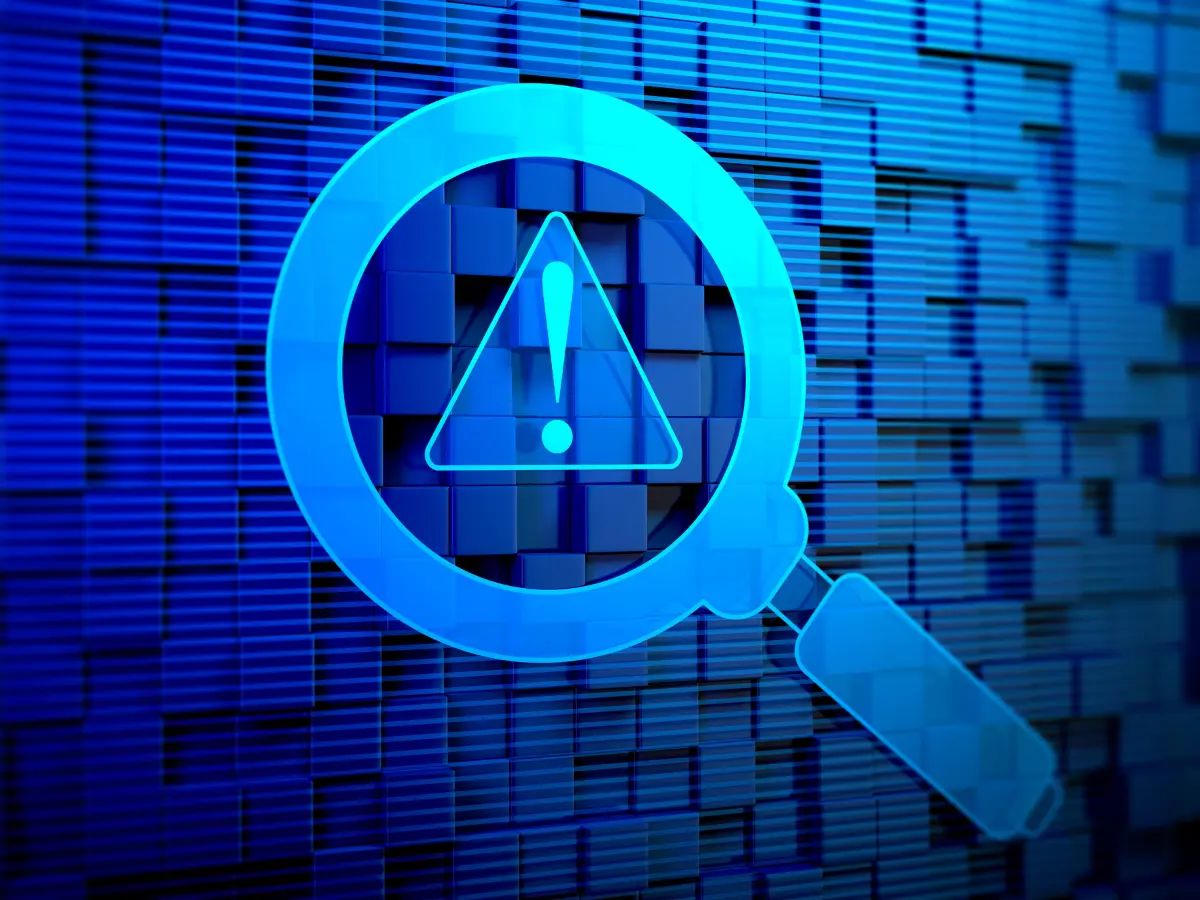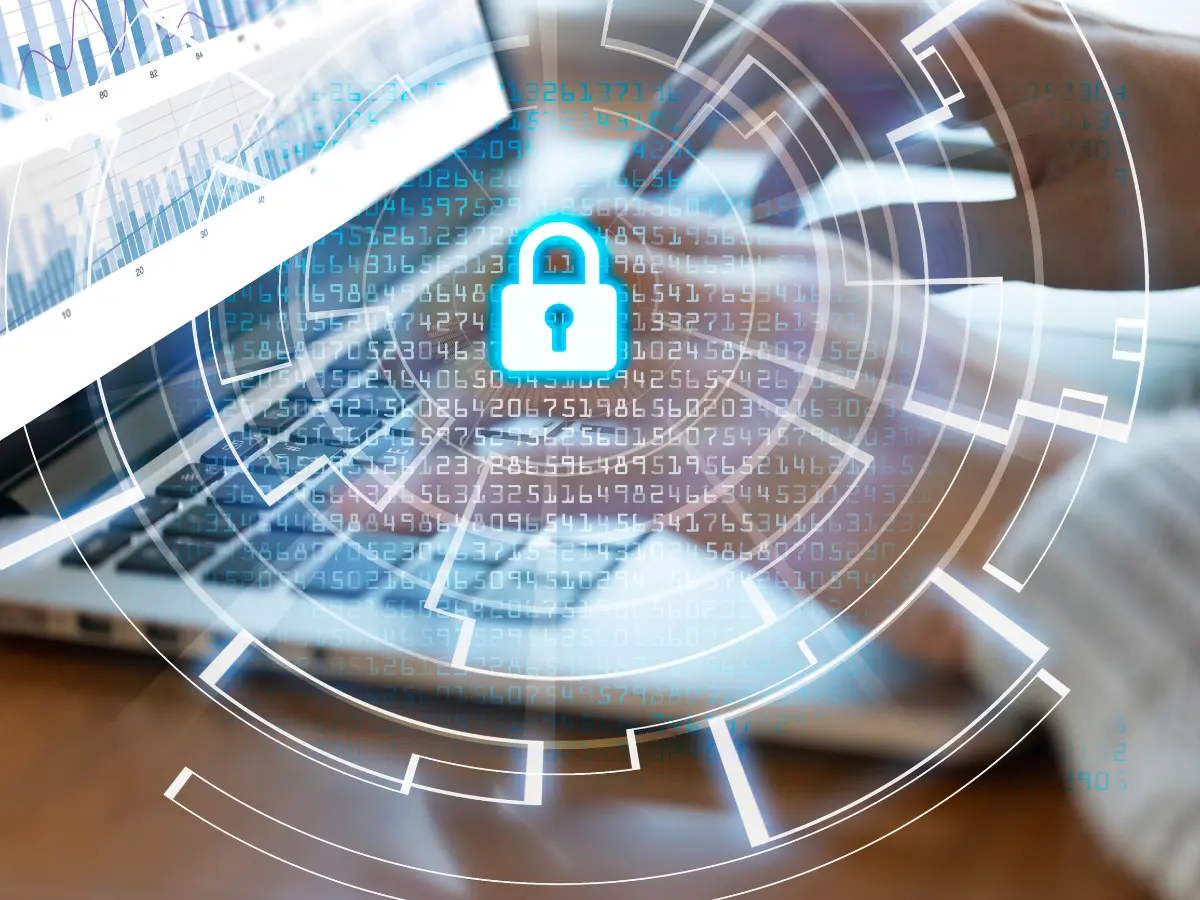Not too long ago, I sat in a meeting with a fintech client just recovering from a data breach. The losses hurt not only financially but also in the trust of customers. That moment really struck me: Nigerian financial institutions cannot afford to treat information security lightly in the modern world, when cyberattacks are increasingly frequent, more sophisticated, and absolutely more costly.
That is when I began researching ISO 27001 Certification, a globally accepted benchmark that not only safeguards private information but also builds trust and keeps you compliant in our always-changing digital economy.
So, whether you’re running a bank, leading a credit union, or building the next big fintech startup, I wrote this to help you see why ISO 27001 Certification isn’t just another checkbox — it’s a real game-changer.
Read more about Data protection laws for fintech businesses in Nigeria
What is ISO 27001 Certification?
Let’s break it down without the tech jargon.
ISO 27001 is an international standard for Information Security Management Systems (ISMS). Simply said, it offers a structure to handle and safeguard internal documents, customer information, and financial records, among other data points for your business.
Being ISO 27001 certified indicates that you have followed best practices to protect your data, identify early risks, and react appropriately to security events.
Consider it as setting up a worldwide, reviewed, and acknowledged digital security vault for your company.
Why ISO 27001 Matters for Nigerian Financial Institutions
The financial industry of Nigeria is expanding quickly, and with it, there are increasing risks. Institutions are gathering tons of customer data from digital wallets, mobile banking, and online loan applications. Regretfully, that also makes them targets for data breaches and hackers.

Here’s why ISO 27001 Certification should be a top priority:
1. Protects Sensitive Financial Data
If your organization handles sensitive financial data every single day, from customer bank account information and transaction histories to card details and more. Then there is so much at stake, that a data breach could be devastating. Beyond the potential loss of millions, it could severely damage your reputation and erode the trust you’ve built with your customers.
That’s where ISO 27001 comes in. This globally recognized standard helps you identify vulnerabilities in your systems and implement the right safeguards before threats become disasters. It’s not just about compliance — it’s about proactively protecting what matters most.
2. Builds Customer Trust and Loyalty
Would you trust a bank that’s been hacked twice in a year? Probably not — and your customers wouldn’t either. In today’s digital world, data breaches can shatter trust in an instant. That’s where ISO 27001 comes in. It’s more than just a certification; it’s a clear message to your clients that their data is safe with you.
By implementing ISO 27001, you’re saying, “We take your data seriously.” This not only strengthens your reputation but also reassures customers that their information is in secure hands. In the financial world, trust is everything, and ISO 27001 helps you build and protect it.
3. Ensures Regulatory Compliance
Regulators are tightening the screws on data privacy and cybersecurity — and for good reason. With rising concerns over data breaches and cyber threats, frameworks like the Nigerian Data Protection Regulation (NDPR) and directives from the Central Bank of Nigeria (CBN) are becoming increasingly strict. For businesses, especially in finance and tech, staying compliant is no longer optional — it’s essential for survival and credibility.
This is where ISO 27001 comes in. It helps align your organization’s processes with local and international legal requirements, offering a structured approach to managing information security. By implementing ISO 27001, you reduce the risk of regulatory penalties, business disruptions, or even shutdowns — and instead, position your company as a trusted, security-conscious brand.
Read more about Steps to Compliance with Nigeria Data Protection Regulation
4. Improves Internal Efficiency
ISO 27001 isn’t just about protecting data — it’s also a powerful driver of internal efficiency. By requiring organizations to document their workflows and define clear roles, the standard encourages structured processes and accountability across teams. This level of clarity reduces confusion and creates a foundation for stronger collaboration and smoother operations.

With improved communication and well-documented procedures in place, your team can respond to issues more quickly and effectively. Over time, this leads to streamlined operations, reduced overhead, and a more agile organization that can adapt to change with confidence.
5. Gives You a Competitive Edge
In Nigeria’s highly competitive financial sector, standing out is no small feat. One way forward-thinking institutions are gaining an edge is through ISO 27001 certification. This internationally recognized standard demonstrates a strong commitment to information security—something both clients and regulators are increasingly prioritizing.
Beyond compliance, ISO 27001 is also a powerful marketing tool. It signals to corporate clients, potential investors, and procurement teams that your business takes data protection seriously. Whether you’re applying for tenders or closing high-stakes deals, being certified sets you apart as a trustworthy and future-ready organization.
Real-World Risks: What’s at Stake?
Here are a few quick (and scary) examples to show why an ISO 27001 Certificate is more than just theory:
- In 2023, a major fintech startup in Lagos lost over ₦150 million due to a phishing scam that could’ve been prevented with better controls.
- A cooperative society in Abuja suffered a ransomware attack, locking their systems for 6 days, and they had no data backups.
- A microfinance bank was fined for not properly securing customer data under the NDPR guidelines.
These aren’t isolated events. They’re signals indicate that stronger cybersecurity practices are urgently needed across Nigeria’s financial ecosystem.
What Does the ISO 27001 Certification Process Look Like?
Here’s a simplified breakdown of the journey to ISO 27001:
- Gap Analysis: Identify where your business currently stands in terms of security.
- Risk Assessment: Pinpoint the threats and vulnerabilities you face.
- Policy Development: Create and implement security policies that align with ISO standards.
- Training: Educate your staff on information security best practices.
- Internal Audit: Test your systems before the official audit.
- Certification Audit: A certified auditor checks your processes.
- Certification Awarded: Congratulations! You’re now ISO 27001 certified.
The whole process usually takes 3–6 months, depending on your company size and existing infrastructure.
Who Needs ISO 27001 Certification in the Nigerian Finance Industry?
If your organization touches customer data, financial transactions, or payment platforms, you need it.
- Commercial banks.
- Microfinance institutions.
- Fintech startups.
- Insurance companies.
- Investment firms.
- Credit unions.
- Digital lending platforms.
If you want to sleep well at night knowing your customer information is safe, ISO 27001 is for you.
Why Train with Johan Consults for ISO 27001 Certification?
When it comes to preparing for ISO 27001 in Nigeria, you want a partner who understands both global standards and the local business landscape. That’s where Johan Consults comes in.
Here’s why Johan Consults is the right cybersecurity firm to guide you:
1. Proven Experience in the Financial Sector
We have a track record of helping fintech startups and SMEs achieve ISO compliance efficiently. We understand the specific threats facing local institutions and know how to mitigate them.
2. Step-by-Step Support
From the initial risk assessment to the final certification audit, we provide hands-on support. No technical overwhelm. No confusing jargon. Just clear, structured guidance.
3. Certified Experts
Our consultants are ISO lead auditors and trainers with deep expertise in information security frameworks. You’re learning from professionals who walk the talk.
4. Custom Training & Workshops
We don’t do one-size-fits-all. We customize ISO 27001 training for your organization’s size, structure, and industry, making the journey smoother and more relevant.
5. Post-Certification Support
Even after you’re certified, we offer continuous support to help you maintain compliance, run audits, and stay ahead of evolving threats.
Are you ready to train your team? Visit Johan Consults to get started with ISO 27001 training and consulting that works for your organization.
You can read more about our ISO Training Comprehensive Guide
Final Thoughts
Cybersecurity isn’t just an IT issue anymore — it’s a boardroom issue, a regulatory issue, and most importantly, a customer trust issue.
For Nigerian financial institutions looking to grow, build trust, and avoid costly disasters, ISO 27001 Certification is a must-have. It’s your armor in a digital world full of threats.
And if you want to make the journey easier, smarter, and more impactful, Johan Consults is your go-to partner in Nigeria.










